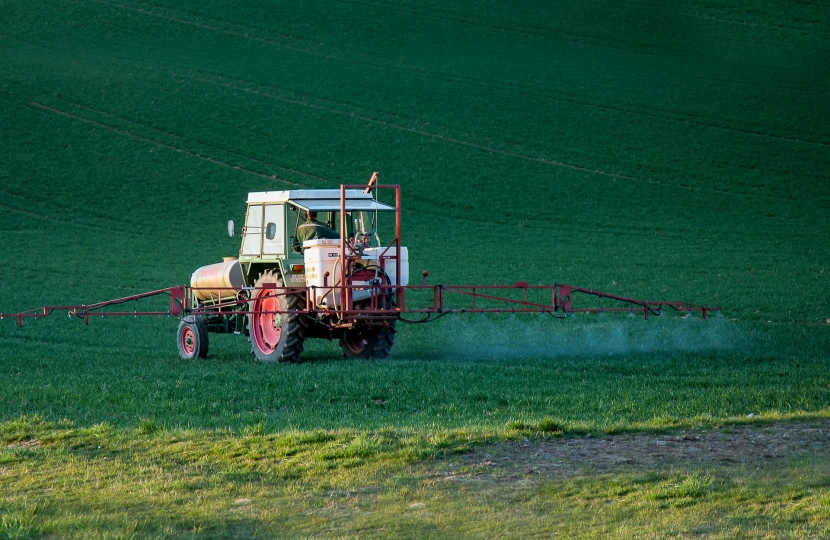
Many thanks to those who have contacted me about the use of neonicotinoids.
Many thanks to those who contacted me about neonicotinoids.
I believe that the restrictions on neonicotinoids remain justified due to the scientific evidence that they are harmful to bees and other pollinators. However, I know that ministers can consider applications for emergency authorisations in exceptional circumstances where diseases or pests cannot be controlled by any other reasonable means.
I know that the Department for Environment, Food and Rural Affairs (Defra) has approved an emergency, temporary authorisation for the use of thiamethoxam, which is a neonicotinoid pesticide. This is due to the beet yellows virus, which poses a threat to sugar beets in England. I am aware that emerging sugar beet seedlings are vulnerable to predation by aphids, which have the potential to spread the virus. I understand that 63 per cent of the UK’s sugar comes from domestic production of sugar beet, which could be at risk if a significant amount of this national crop is infected. The strictly time limited emergency authorisation of this neonicotinoid treatment, Syngenta’s Cruiser SB, will provide emergency protection against this virus.
I would like to assure you that the temporary use of thiamethoxam will be tightly controlled. There will be an initial threshold for use, meaning that seed treatment will only be used if the predicted level of virus is at or above 19 per cent of the national crop according to independent modelling. I am assured that if the virus threshold is not met then the neonicotinoid treated seed will not be used, which was the case in 2021. Strict criteria remain in place, meaning that this authorisation will only be used if necessary.
Finally, farmers will be forbidden from planting any flowering crop in the same field where the product has been used within 32 months of a treated sugar beet crop. This will reduce the environmental farm of thiamethoxam to bees.
I will continue to monitor the situation and have kept in close contact with my local rural advisory group regarding this situation.





